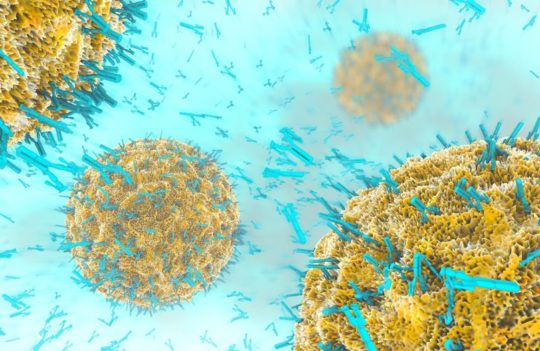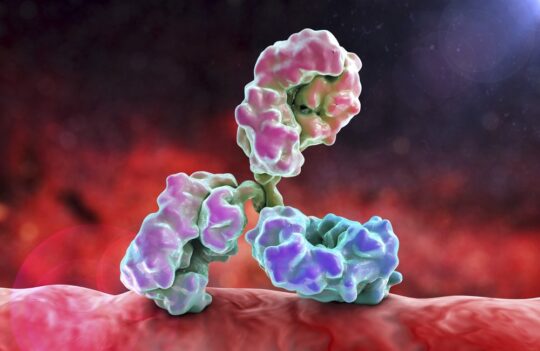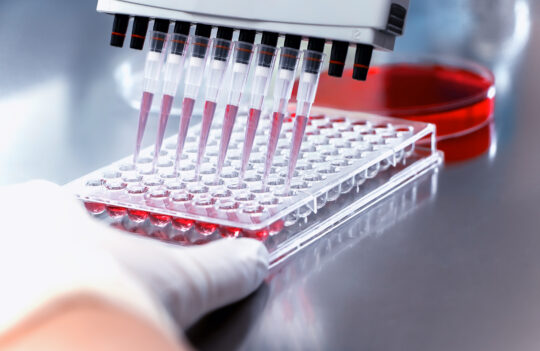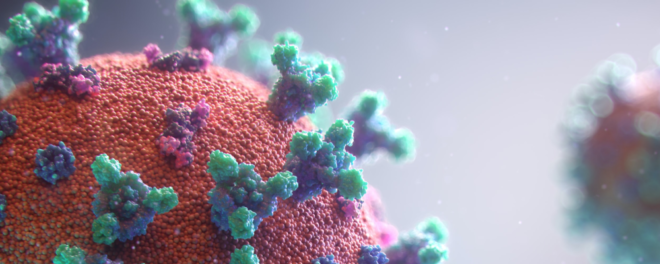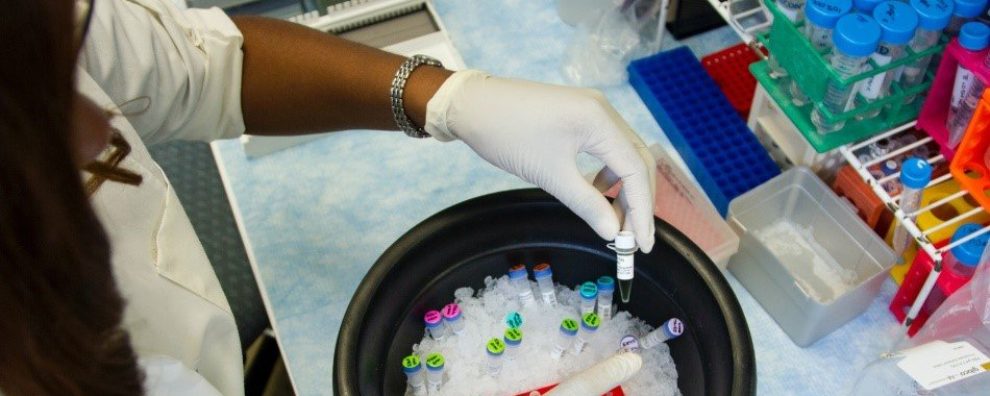 Antibody production
Antibody production
Can antibody therapeutics serve as effective tools to treat and alleviate aggressive rare diseases?
Although rare diseases are characterized by a generalized low incidence in the global population, collectively, over 7,000 different conditions affect millions of people around the world. These diseases are hard to diagnose and difficult to treat due to the complexity of the underlying genetic causes. Nevertheless, antibody therapeutics provides a unique chance to alleviate the most aggressive effects of these life-threatening conditions while minimizing the risks of further adverse reactions.
Rare diseases by the numbers
Rare diseases are defined as disorders that affect only a small number of people. In Europe, a disorder is considered rare when it affects only 1 in 2,000 people, but these numbers jump to 1 in 200,000 in the US. The same disease may be considered rare in one region and, at the same time, common in others. While uncommon variants of common diseases can also be considered rare for practical purposes.
Presently, over 7,000 rare diseases have been reported, and new ones are regularly described in literature every year. And although each rare disease affects only a small subset of patients, collectively, over 350 million people suffer from a rare condition with potentially life-threatening effects.
Despite the strong regulatory and financial incentives, more than 95% of these diseases still lack proper treatment due to the difficulty in diagnosing these conditions, determining relevant disease markers, and developing specific drugs for these diseases. Small drugs, that have once dominated the market for the treatment of rare diseases due to their simplicity, are slowly losing ground to antibodies due to their enhanced specificity and safety.
Therapeutic solutions for rare diseases
Drugs used for the treatment of rare diseases are designed orphan drugs and they can either be repurposed drugs, already in use for the treatment of other diseases, or new drugs developed exclusively for a disease-specific marker. Nevertheless, due to the diversity of diseases and markers, antibody drugs used for the treatment of rare diseases are, more often than not, robust biotherapeutics with proven efficiency in the treatment of cancer or autoimmune diseases.
The success of repurposed drugs can easily be explained by the fact that most rare conditions result from underlying genetic disorders. Thus, despite having different causes, rare diseases often share common symptoms that can be alleviated by the use of specific and effective antibody therapeutics.
Antibody therapy for rare diseases
Rituximab is one of the most relevant antibody therapeutics used for the treatment of rare diseases. On the market since 1997, Rituximab is a chimeric human/mouse IgG1 antibody designed to target the cell-surface marker CD20 (MS4A1), which plays a key role in the differentiation of B cells into plasma cells.
As a monotherapy, Rituximab has obtained orphan drug designation in Europe, USA, and Japan to treat multiple rare conditions including microscopic polyangiitis, granulomatosis with polyangiitis, thrombotic thrombocytopenic purpura, eosinophilic granulomatosis with polyangiitis, among others. Other chimeric human/mouse antibodies such as Cetuximab (targeting the epidermal growth factor receptor) or Infliximab (targeting the tumor necrosis factor), have found extensive application for the symptomatic treatment of multiple rare diseases.
However, with the development of new antibody technologies, other antibody formats are quickly gaining their place on the market. One relevant example is that of Romilkimab, an IgG4 bispecific humanized antibody designed to target both human interleukin 13 (IL-13) and 4 (IL-4). In 2011 and 2019, Romilkimab received orphan drug FDA designation to treat idiopathic pulmonary fibrosis and systemic sclerosis, respectively. The latter, a particularly aggressive autoimmune disorder characterized by skin and internal organ hardening and with one of the highest mortality rates among rheumatic disorders, has proven to benefit from Romilkimab treatment and the drug is expected to soon reach the clinic.
Concluding remarks
Collectively, rare diseases affect millions of people around the world, and over 95% of these diseases still lack proper treatment. But the recent successes of antibody therapies in alleviating aggressive symptoms of these diseases suggest that many more antibody drugs can potentially be repurposed for the treatment of these conditions.
- Allanore, Y. et al. OP0250 Efficiency and safety of Romilkimab in diffuse cutaneous systemic sclerosis (DCSSC): Randomized, double-blind, placebo-controlled, 24-week, proof of concept study. Annals of the Rheumatic Diseases 2020;79:157-158.
- Park, T. et al. Cost Effectiveness of Monoclonal Antibody Therapy for Rare Diseases: A Systematic Review. BioDrugs. 2015; 29(4):259-274. doi: 10.1007/s40259-015-0135-4
- Tambuyzer, E. et al. Therapies for rare diseases: therapeutic modalities, progress and challenges ahead. Nat Rev Drug Discov. 2020; 19(2):93-111. doi: 10.1038/s41573-019-0049-9

